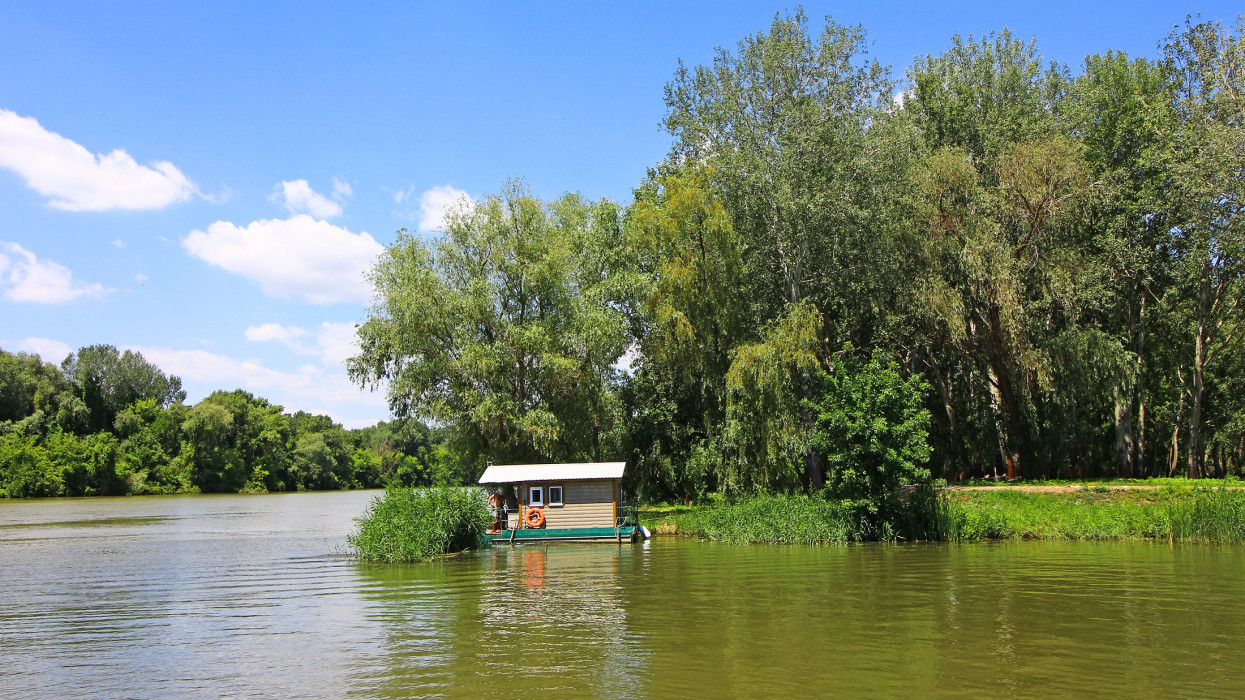One of the worst infectious diseases for pigs, African swine fever, has been present in the region of the EU's Eastern border since 2014. To control the disease and avoid new outbreaks, strict sanitary restrictions have been put in place at European level. The Polish authorities introduced further requirements in areas most at risk.
The Commission's decision is specifically aimed at Polish pig farmers who own no more than 50 pigs and/or piglets (between 1 July 2016 and 30 June 2017) and are situated in areas at high risk of African swine fever. Because of their limited size and means, some of these small farmers might find themselves unable to implement the new Polish requirements and would therefore be forced to stop pigmeat production.
The financial support of €9.3 million agreed by the European Commission will be provided for a maximum of 10,000 piglets and 171,654 pigs. Farmers will receive €33 per piglet and €52 per pig.
Farmers will have to apply for European aid, which will be paid within 12 months after the entry into force of the new rules on 19 September. Farmers eligible for European aid will only be permitted to restart pigmeat production if and when they are able to meet the new requirements. This will not be possible within 2 years of having benefitted from support.
The impact on the pigmeat market
The presence of African swine fever poses a serious risk to the European pigmeat market, as any spreading of the disease within the EU would have a severe impact on pigmeat producers. In addition, the European pigmeat sector relies significantly on exports and so further outbreaks of the infectious disease could seriously destabilise the market.
...
Full article available via the link below.
Via ec.europa.eu






